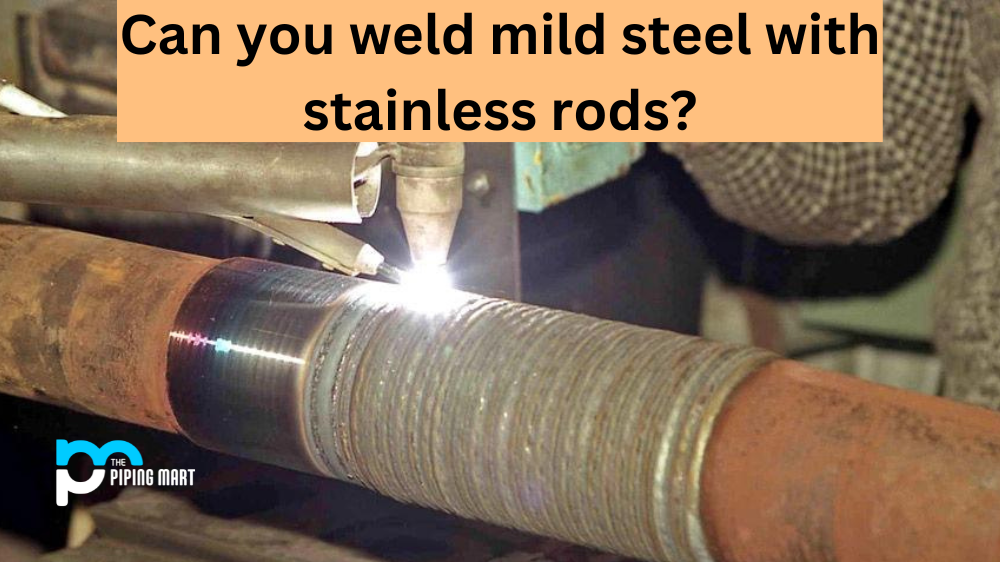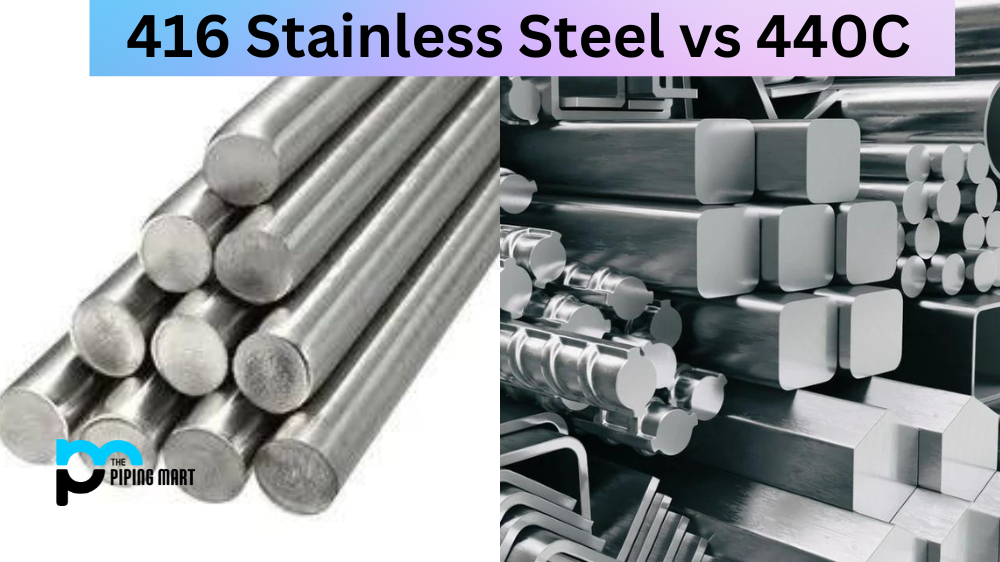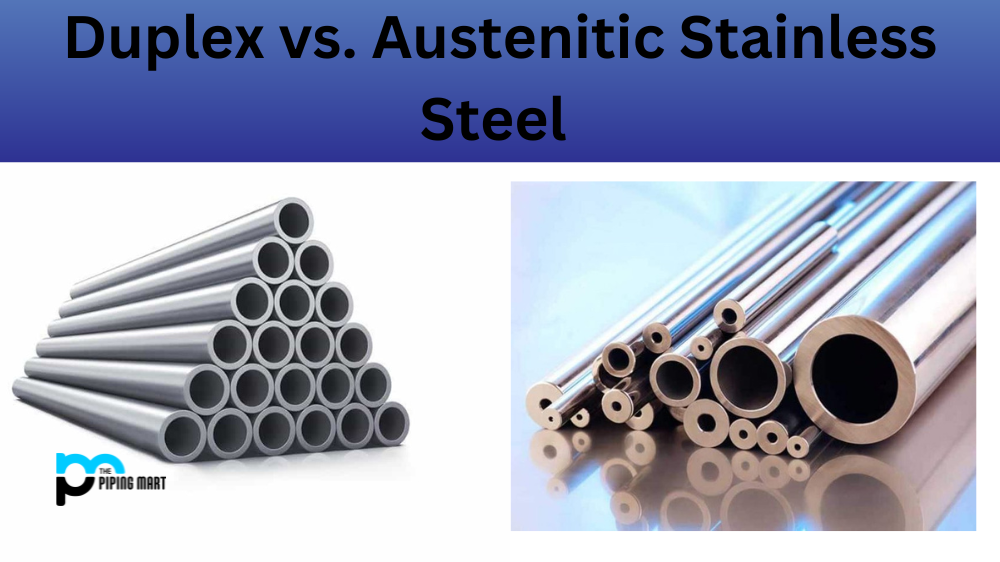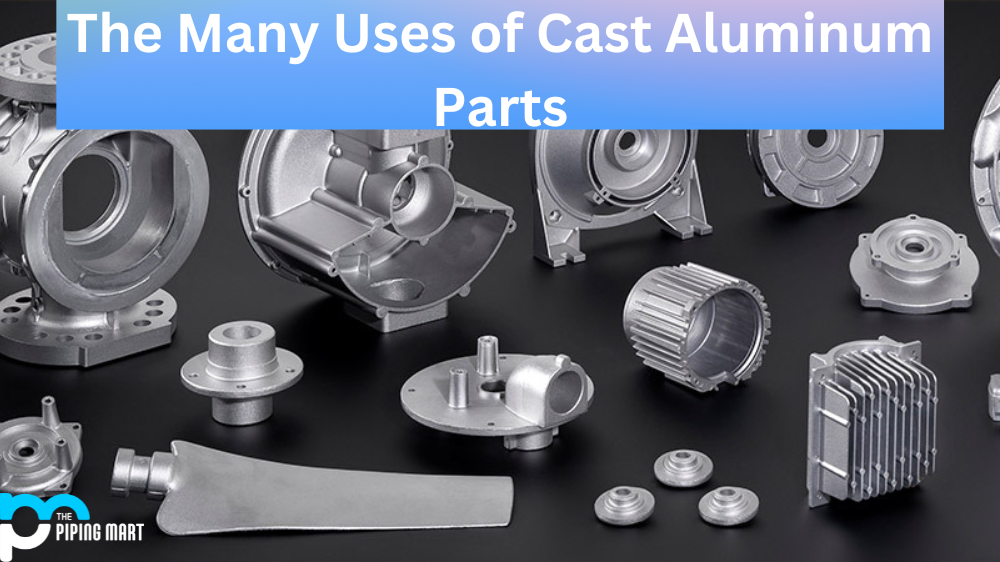If you’re getting into welding, you might have heard of mild steel rods and stainless steel welding rods. But do you know the difference between them? In this blog post, we’ll explore what exactly mild steel and stainless steel welding rods are and why it matters when it comes to welding.
Mild Steel Welding Rods
Mild steel rods are made up of low carbon content, which makes them perfect for thin sheet metal and tubing. Mild steel is highly malleable, so it’s great for making complex shapes or joining two pieces of metal together. Another benefit to using mild steel rods is that they are relatively inexpensive to purchase compared to other types of welding rods. The downside is that these rods produce a lot of spatters when welded, and they can be prone to cracking if not welded properly.
Stainless Steel Welding Rods
Stainless steel has a higher melting point than mild steel, so it requires more heat to weld than mild steel does. It also produces less spatter than mild steel while providing better corrosion resistance in certain applications. It tends to be more expensive than mild steel but is still a good choice for projects where corrosion resistance is important. One thing to bear in mind with stainless steel, though, is that it can be more difficult to get a good-looking finish on your welds due to its higher melting point.
Conclusion:
Mild steel and stainless steel are both great choices for welding projects, depending on your needs, but one type may be better suited for your project than the other. When deciding between the two different types of welding rods, consider the cost, corrosion resistance, malleability, spatter production and finish quality of each type before making your decision. Armed with this knowledge, you should now have all the information you need in order to make an informed decision about which type of rod will best suit your application. Good luck!

Meet Bhavesh, a seasoned blogger with a wealth of knowledge and experience. From metal products manufacturing to retail, Bhavesh has a diverse background in various industries and is dedicated to sharing his insights and expertise with readers.




